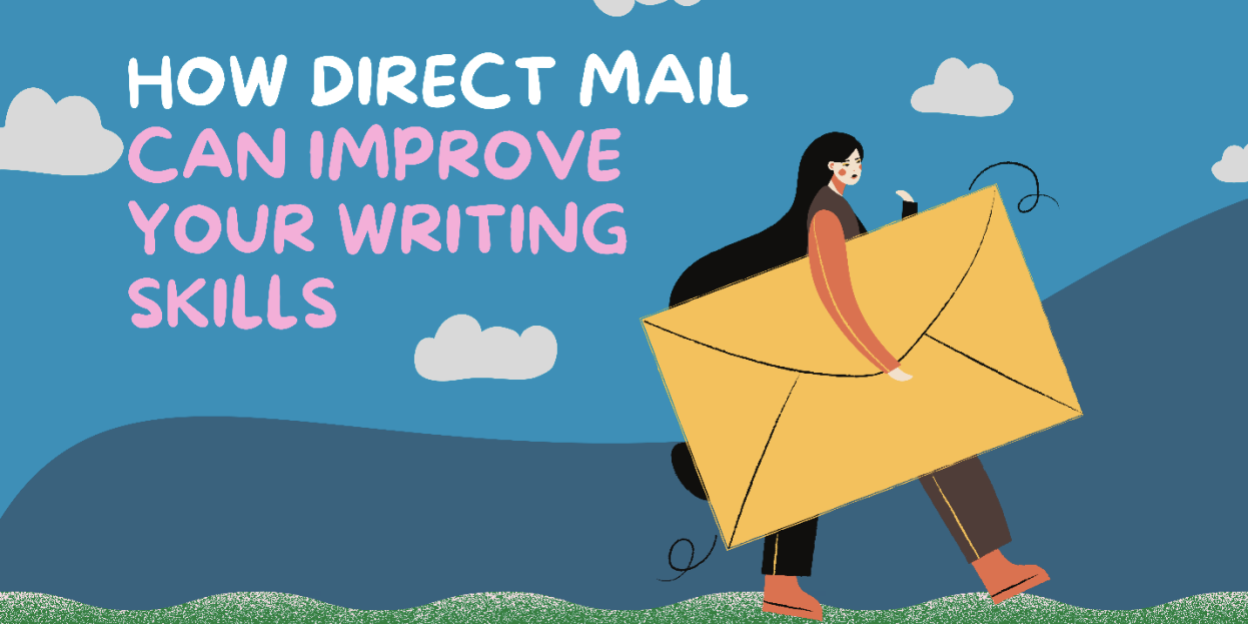Planning a fundraiser can be stressful even for an experienced communication professional. It can be hard to know where to start and if you are on the right track. It is easy to get lost in all the little details that go along with planning a fundraiser. Although some may argue that putting together a fundraiser doesn’t take much effort, few would disagree that some steps and tips can be done to make a fundraiser an exceptional success.
Over the past six years, I have had the privilege of gaining experience in this area – from my time as a Cosmetic Manager organizing cosmetic fundraising galas to my current co-op position as a Communications and Event Coordinator for a start-up in Halifax.
Currently, I’m co-planning a fundraiser for the company I am working for and happened to stumble on a PDF titled; The Beginner’s Guide to Planning a Run/Walk Event , published by resolve.org. Although you may not be planning a walk or run fundraiser, I still believe it’s a valuable resource you can apply to many different types of events. It has been my bible over the last couple of months for clear tips, suggestions, and ideas on how to plan a successful fundraiser.
Here are some tips and pointers I have discovered along the way to help navigate the stress and struggles of fundraiser planning:
Where to start
A great place to start is to get organized. This seems like a no-brainer, but I’ve found it is easy to skip over this part to get the tangible parts in the process. Planning a fundraiser happens in parts – every part is just as important as the next and it is important to get yourself and your team organized before diving right into the details.
An excellent organizational resource I was recently introduced to is Trello. Trello is a free website that helps to bring your ideas to life. If you are a list-maker like me, you will love this for just about everything you do. One of the best features is you can invite people to your Trello board to collaborate on a project together. This has been a game-changer for me when it comes to planning a fundraiser.
After you get organized it’s time to make a clear plan and goals you want to achieve for your fundraiser. Often these two steps can overlap, and it’s a great time to collaborate ideas with team members. This is also the step where you want to focus on the why. When you focus on the reason why you are doing the fundraiser it helps you to navigate and identify what is important when working out the details. Best-selling author and motivational speaker Simon Sinek talks about this in his book Start with Why. Sinek writes about how businesses need to focus more on why they do what they do instead of how they do it, to maintain authentic and long-term success. I believe this can also be applied to fundraising. It can be easy to get caught up in the mechanics and operations of planning that sometimes we forget why we started in the first place. If you let the why guide you, figuring out the logistics and what’s important becomes much easier.
The five W’s
Next is to figure out the big details. If you are anything like me, it can be easy to stray from this. My advice is to write out the five W’s and go through and answer each one: who, what, when, where, and why. Any public relations or communication professional will be all too familiar with this concept. Who is your target audience for participants and volunteers? What is your fundraiser cause? When will your fundraiser take place (don’t forget to include a rain date if it is an outside event)? Where will your fundraiser take place? Finally, why are you organizing your fundraiser? This is the perfect time to circle back to make sure you are still focused on the reason why you are planning this fundraiser.
Depending on how big your fundraiser is, you may want to find sponsors. This can help generate revenue for your fundraiser with extra support. Often this requires you to recognize your sponsor in some way, whether it’s featuring them on your website or merch. Sponsorship will also help you to figure out your who. The who will include everyone involved, including sponsors and partnerships.
Budget
For some, creating a budget is the most intimidating part, especially if you do not have much fundraising experience or have a perceived notion budgeting is only for people who are good at math. This is not the case and took me way too long how to figure out. The best place to start is to pull up a budget template from Google Templates or Microsoft. The great thing about these templates is they give you a starting point, and because you have figured out your big details it will help you to divide your budget into sections. This section is also a good place to add in the smaller details you need to figure out. For example, if you are doing an outside fundraiser, find a budget to outsource umbrellas or portable washrooms.
When creating your budget, it will be helpful to create a new list of items as they come up. I’ve learned over time no matter how much you plan there will always be new expenses that come up. Something else I learned early on is to call a few places before you settle on a service or item. For example, if you are looking for a carter or food for your fundraiser, don’t just call one place, call a few. I have saved money on the budget by doing this because it helped me outsource the most economical option. Another thing is writing a letter for donations to bigger businesses. Often, they will donate to charities or fundraisers. I have received donated refreshments this way. If you are not sure where to start, a simple Google search for a donation request will help you write a template.
A tip I recommend is planning your fundraiser as early as possible. This will give you plenty of time to craft a budget and outsource donations. These things can take time, so the sooner you do it the more likely you will be safe on your budget. If you wait a few weeks out it will end up costing you more because you won’t have time to find the best service or give businesses, enough time to donate to your cause.
General tips
One of the best parts of my current co-op placement is planning a fundraiser. I have learned so much about fundraisers over the past few months especially all the extra little tips and tricks that people don’t think about. One of the recent things I learned from some of the seasoned fundraisers is to remember the following: Be prepared for some of your volunteers not to show up. Always plan for more people than planned to attend your fundraiser on the day. You would rather be over-prepared than under-prepared. Depending on the size of your fundraiser, it may be a good idea to designate people to be in leadership positions.
Don’t be afraid to ask for help when you feel overwhelmed or stressed. Especially if you are working on a team. Everyone has different experiences, and I found that the more you reach out the more you can learn. My first month in my co-op I was assigned to draft a budget for the fundraiser we are planning. I instantly panicked because this is the area, I was most unfamiliar with, but I decided I should seek guidance. It was the best thing I could have done. Not only did I get a good place to start, but I also quickly learned how to draft a budget with confidence.
Another tip I didn’t think about when I first started fundraising was to think about my target audience. Sometimes this is a clear path and other times it is not. When you are in the planning stage, take the time to figure out who you want to target as volunteers, participants, partners, and sponsors. When you do this, it can help you ensure you find the right people to make your fundraiser even more successful. This is because you are looking for the same people who have the same vision as you. This is also why it is important to spend time on your why.
Another thing I learned along the way is to research fundraisers and big events happening on the same date as your fundraiser. When you do this, it ensures you do not have a fundraiser happening on the same day as something big happening in your area. Keep in mind that you will likely find something happening the same day as your fundraiser. The important question you must ask yourself though is, do they have the same audience as me?
Create a wavier and have a legal professional look over it especially if you are planning a fundraiser that involves physical activity. Not to mention we now live in a COVID-19 world and the health and safety of people should be your number one priority. A legitimate wavier can make sure you have covered all the safety measures you need to take to ensure safety for everyone apart of the big day.
Post fundraiser tips
Lastly, don’t forget to spend some time debriefing after your event. Many people don’t spend enough time doing this. This can help you reflect on the success and challenges of your event that you can apply for future fundraisers. This is also when you want to send out ‘thank you’s to everyone who made your fundraiser successful. Showing appreciation and gratitude is important and can also help to build rapport should the fundraiser become an annual event. This will assist you in establishing relationships with volunteers and participants who will be much more likely to help every year, or with other fundraising events the organization puts on.
Overall, don’t forget to have fun and give yourself time to enjoy all your hard work. There is nothing more rewarding than seeing what you can accomplish when you go in with a well thought-out plan, particularly when it’s for a good cause like fundraising. There is nothing more stressful than going through the motions of a fundraiser when you haven’t given yourself the time to create an event with lots of moving pieces. When this happens take a deep breath, reach out for help, and as Simon Sinek outlines in his book, go back to your why.
Article By: Emily Brown
Editor, Symmetry Public Relations





